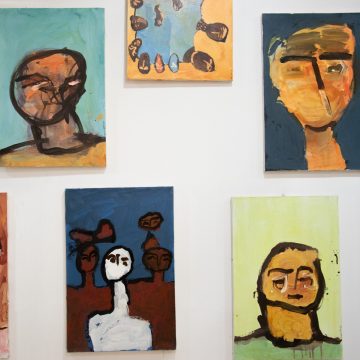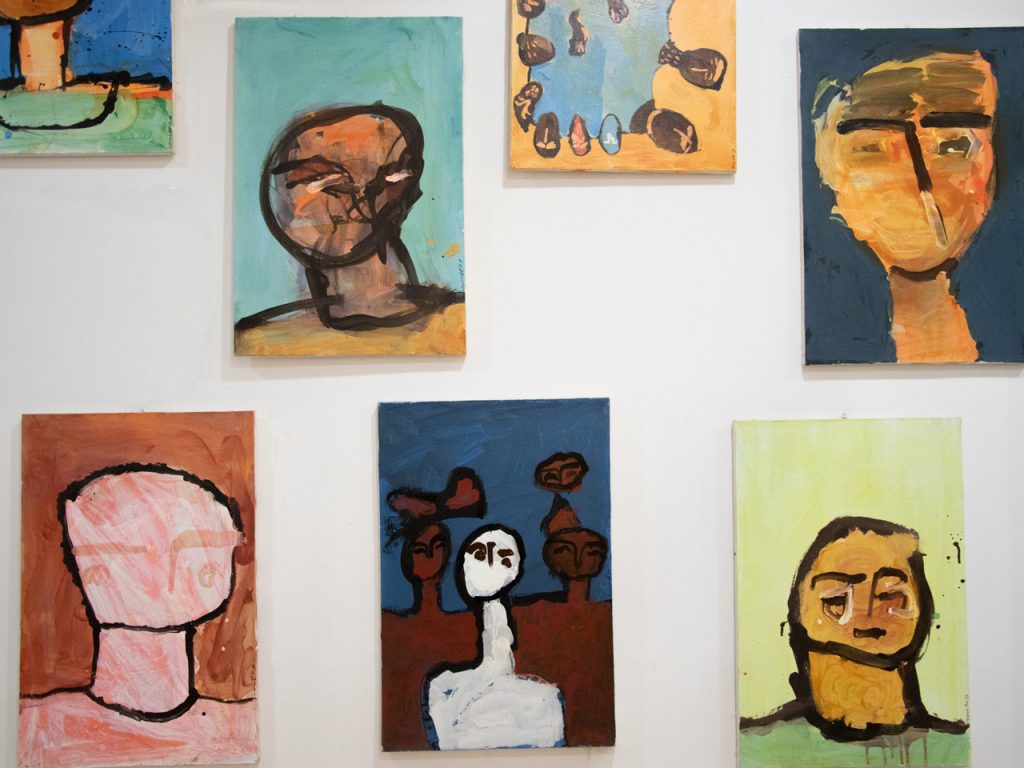

In this notebook, we address the issue of mental health in international cooperation by presenting the experience that Armadilla is carrying out in Lebanon.
Mental well-being is an essential component of the definition of health given by the World Health Organization (WHO). Good mental health enables individuals to fulfill themselves, overcome the tensions of everyday life, work productively and contribute to the community. Despite these premises, a lot of work still needs to be done globally to guarantee a suitable space. Many problematic trends must first be reversed: mental health services and care, which are too often forgotten, human rights violations, and discrimination suffered by people with mental disorders or psychosocial disabilities.
WHO has approved an action plan in which the expression “mental disorders” designates a set of mental and behavioral problems included in the International Statistical Classification of Diseases and Related Health Problems (ICD-10). They contain disorders that generate a high burden of diseases such as depression, bipolar affective disorder, schizophrenia, anxiety disorders, dementia, psychoactive substance use disorders, intellectual deficits, and development and behavior, which usually occur in childhood and adolescence, including autism. For dementia and diseases related to the use of psychoactive substances, some prevention strategies may be necessary in addition to the existing ones. Depending on the local context, some individuals and social groups are much more at risk. Among these vulnerable groups, we can identify family members living in situations of poverty where instead people suffer from chronic diseases, abandoned and abused infants and children, whereas adolescents who use psychoactive substances for the first time, in addition, minorities, the populations of indigenous people, older people, victims of discrimination and human rights violations, LGBTQ + people, prisoners and people experiencing situations of conflict, natural disasters or other humanitarian emergencies.
Armadilla considers this area of the disability sector to be crucial and for years has encouraged, with the precious collaboration of Italian partners and experts, interventions for the training of local staff and to make known the methods and tools of care they apply.